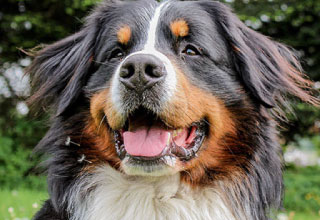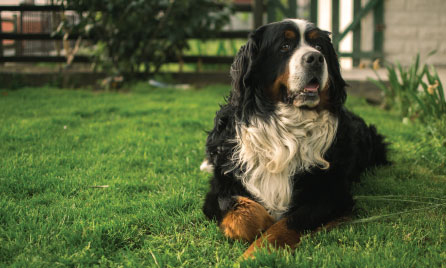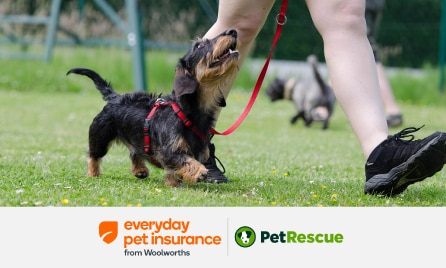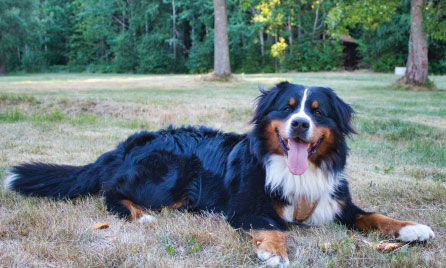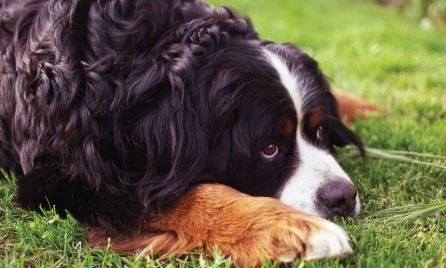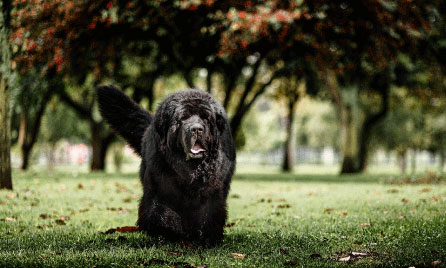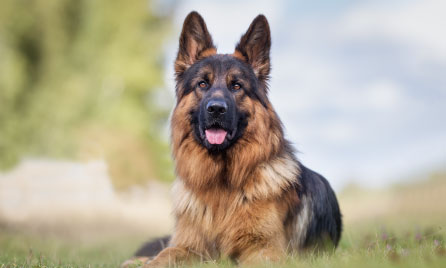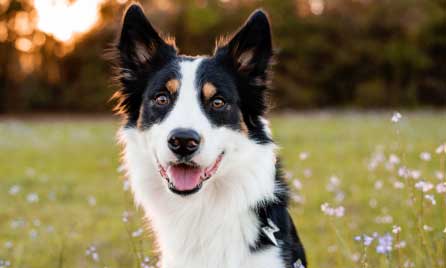- text
-
# Depending on your level of cover. Policy T&Cs, limits, exclusions, waiting periods and annual excess may apply.
Information about Bernese Mountain Dogs.
- Information about Bernese Mountain Dogs.
- Bernese Mountain Dogs breed information.
- Should I get a Bernese Mountain Dog?
- Bernese Mountain Dog personality.
- Taking care of Bernese Mountain Dogs.
- Common Bernese Mountain Dog health conditions.
- The cost of insuring a Bernese Mountain Dog.
- Need Pet Insurance for your Bernese Mountain Dog?
- Why pick Everyday Pet Insurance?
A gentle giant, the Bernese Mountain Dog is renowned for its thick, tri-colour coat and sturdy structure. The Bernese usually has an easy-going temperament and loves to be goofy around its owners. Sometimes forgetful of their size, they need a big, wide-open space to play and roam.
They are usually easily trainable dogs, but due to their size and strength, you’ll need a bit of muscle behind you if you’re taking them on walks.
Want to learn more about this hard working, loving breed? Read our guide below to see if Bernese Mountain Dogs are the pet for you.
